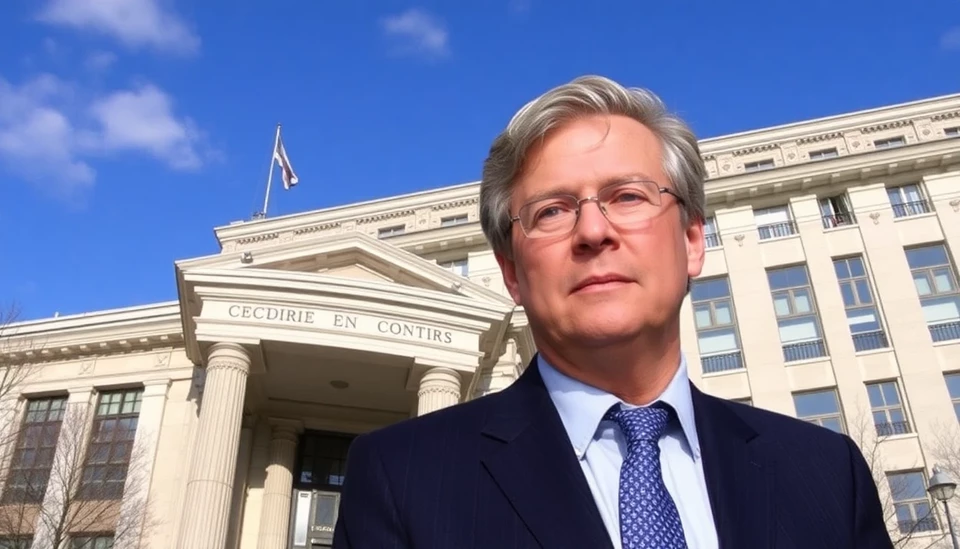
In a recent statement from the European Central Bank (ECB), board member Isabel Schnabel emphasized the challenges facing Europe's economic recovery, forecasting a remarkably slow path ahead. She articulated concerns over stagnation and the long-term implications it could have for the region's economic stability.
Speaking to reporters, Müller noted that while there are signs of improvement in some sectors, the overall pace of recovery remains tepid. The ECB's governing council is keeping a close watch on the economic indicators which suggest that various key areas such as consumer spending, investment, and employment remain subdued. This sluggish recovery is compounded by ongoing external pressures, including geopolitical tensions and supply chain disruptions that continue to plague Europe.
Transitioning from the immediate aftermath of the pandemic, several economists have pointed out that the rebound in Europe, compared to other global economies, appears to be lagging. Inflationary pressures have further complicated the financial landscape, leading to debates within the ECB about the appropriate monetary policy approach moving forward. The persistent inflation rates have raised concerns about how they will be managed amid a slow recovery.
Müller reiterated the importance of fiscal policy alongside the ECB’s monetary measures. He stressed that sustained support from EU member states is crucial to bolster the economy, particularly in the form of investments that can stimulate job growth and enhance productivity. Müller urged countries to take decisive actions that would lay the groundwork for a more resilient economic framework.
As Europe grapples with these economic challenges, the ECB remains committed to adapting its strategies. The bank will convene in the coming weeks to reassess its position and consider adjustments that could provide further stimulus to the beleaguered economy. Observers eagerly anticipate the adjustments to interest rates and asset purchase programs that could emerge from these discussions.
With the holiday season approaching, there is a sense of urgency among policymakers to pave a way forward that fosters not only short-term relief but also promotes long-term growth. The delicate balance between managing inflation and stimulating economic activity remains a pivotal issue for the region’s leaders moving into 2024 and beyond.
In conclusion, the ECB's assessment underlines a critical juncture for Europe, hinting at a gradual and potentially uneven recovery that will require collaborative efforts across borders and sectors to navigate successfully. The consequences of this economic climate are likely to shape not just fiscal policies but the overall socio-economic landscape of Europe in the near future.
#ECB #EuropeEconomy #SlowRecovery #EconomicForecast #Inflation #MonetaryPolicy #FiscalSupport #EconomicStability
Author: Daniel Foster




